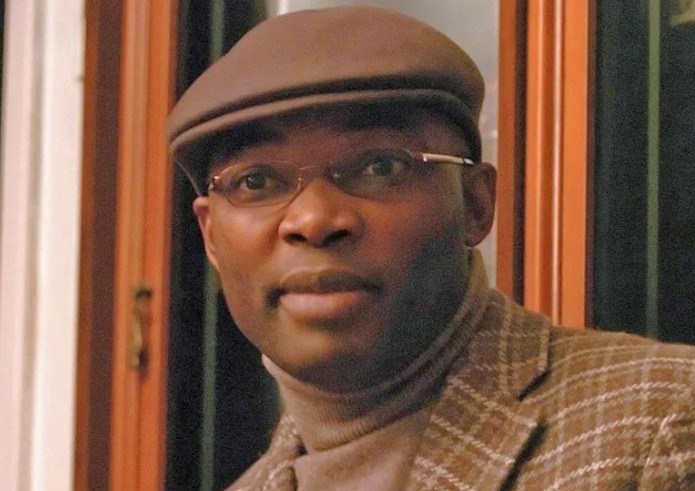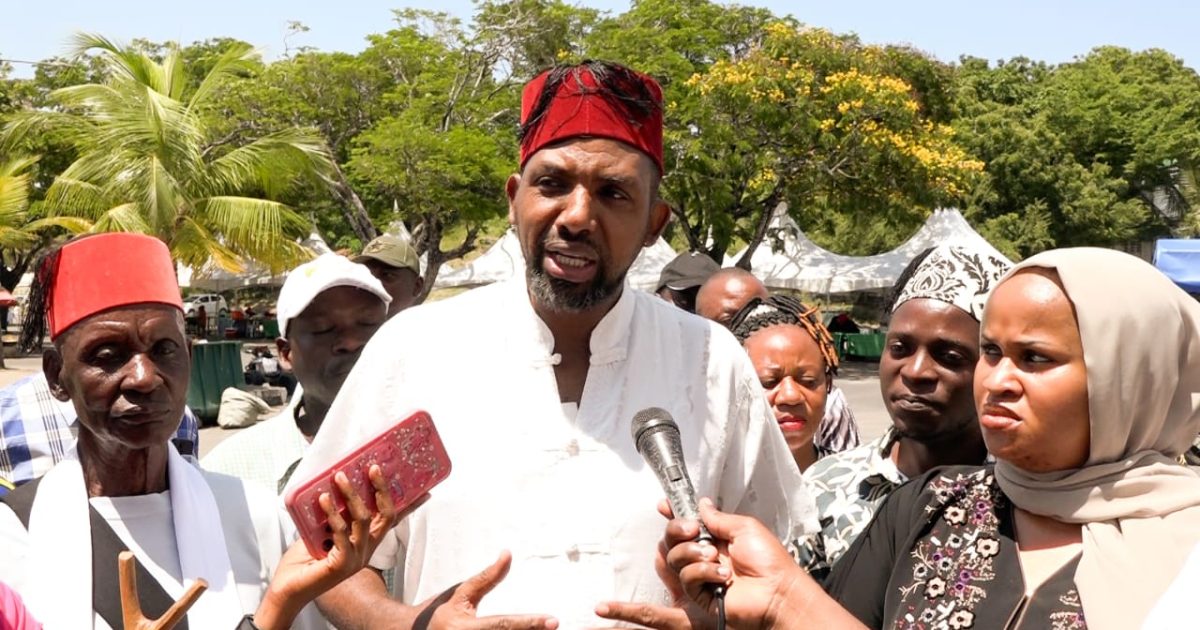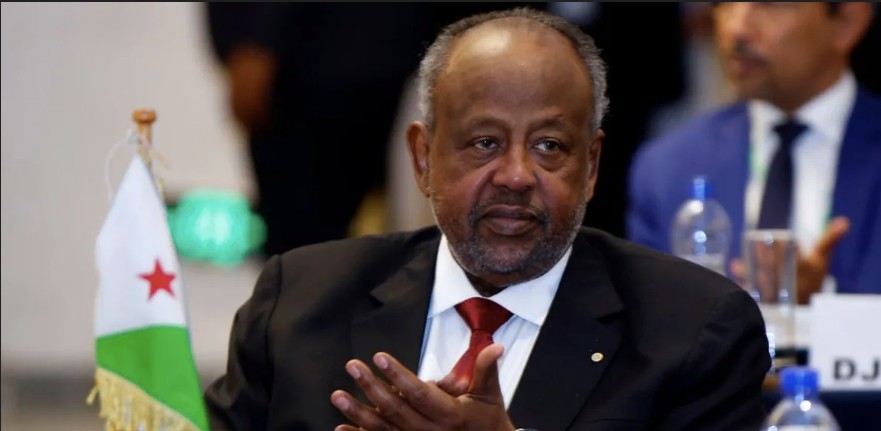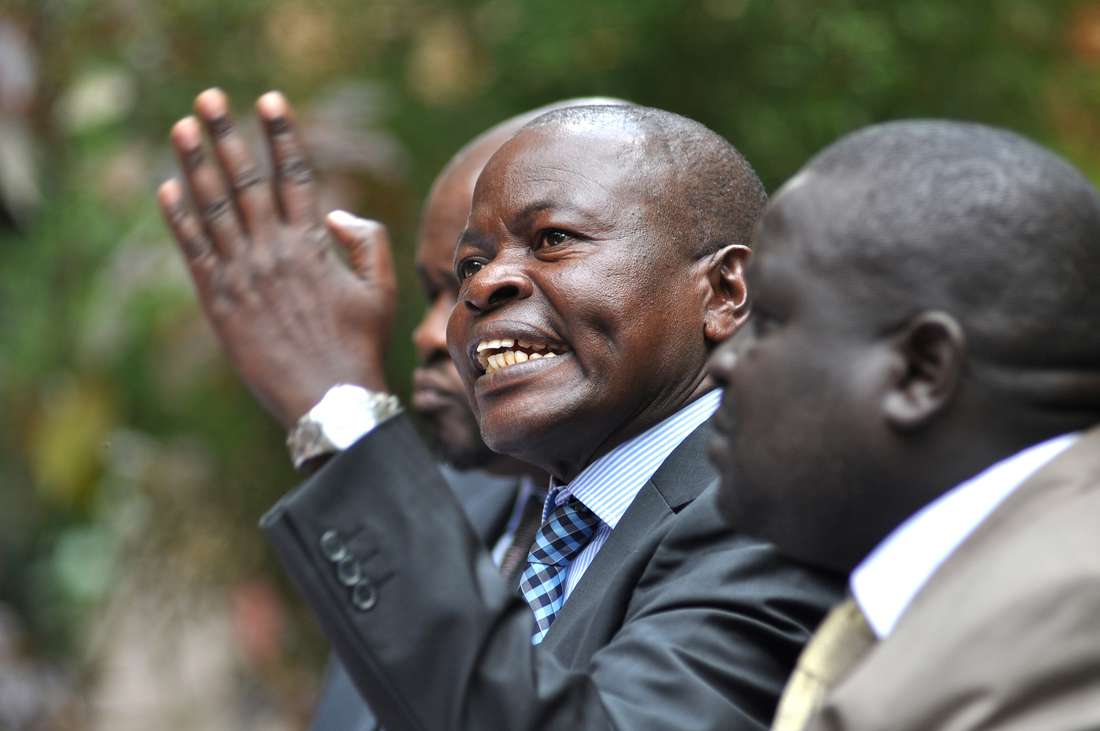French court convicts writer, publisher for denying Rwandan Genocide

The court ordered them to pay nearly $15,000 in fines and an additional $11,000 in damages to the three human rights organisations that brought the case. Both Onana and Serieyx have appealed the decision.
A Paris court has found French-Cameroonian writer Charles Onana and his publisher, Damien Serieyx, guilty of denying the 1994 Rwandan genocide, marking the first such conviction under French law.
The court ordered them to pay nearly $15,000 in fines and an additional $11,000 in damages to the three human rights organisations that brought the case. Both Onana and Serieyx have appealed the decision.
More To Read
- Rwandan genocide suspect Francois Gasana extradited from Norway
- US arrests Rwandan genocide fugitive Vincent Nzigiyimfura after years on the run
- UN Prosecutor calls on South Africa to act on genocide suspect Fulgence Kayishema
- Rwanda’s UN envoy makes case for registry on international criminal matters
- France reopens genocide case against former UN worker Callixte Mbarushimana
- French court suspends genocide probe into Rwanda’s former First Lady over lack of evidence
The court ruled that Onana's book, Rwanda, the Truth about Operation Turquoise—When the Archives Speak, publicly challenged the existence of a crime against humanity. The judgment cited 19 specific passages in violation of a 2017 amendment to France’s press law, which criminalizes genocide denial while safeguarding free speech.
In the book, Onana questioned the established narrative of the Rwandan genocide, describing the notion of a Hutu regime’s planned extermination of the Tutsi ethnic group as “one of the biggest scams of the 20th century.” He consistently placed the term “genocide” in quotation marks and dismissed the Rwandan Patriotic Front's (RPF) rescue efforts as a “scam, a hoax, and a falsification of history.”
The court stressed the dangers of such reasoning, particularly given the ongoing instability in the Great Lakes region of Africa. "The crime of the genocide of the Tutsis has been recognised as a fact of public notoriety in a definitive decision by the International Criminal Court for Rwanda,” one court filing noted.
Patrick Baudoin, a lawyer and honorary president of the International Federation for Human Rights—one of the plaintiff organizations—called the ruling "a precedent."
“Given the obvious negationist words of Onana, the judgement condemning him has a precise meaning: you can’t falsify history with impunity, and you can’t have contempt for the victims,” Baudoin said. “His words were monstrous.”
Baudoin also accused Onana of being “an apologist for genocide,” adding, “The court has done something indispensable.”
The Rwandan genocide, which took place over four months in 1994, saw approximately 800,000 members of the Tutsi ethnic group slaughtered by Hutu extremists. France’s role in the genocide has long been contentious. The United Nations authorized Operation Turquoise, a French military intervention, but it failed to prevent the massacre.
“Crushing responsibility”
In 2021, French President Emmanuel Macron acknowledged France’s “crushing responsibility” for the atrocities during a speech in Rwanda.
Onana’s book sought to challenge these accounts, claiming that both Hutus and Tutsis committed atrocities and that the genocide narrative was overly one-sided.
“Certainly, Tutsis were massacred, targeted, but they were not the only ones,” Mr. Onana wrote, arguing that he was attempting to break from “official history.” He described his work as “scientific,” originating as a thesis at the University of Lyon III.
However, past allegations of Holocaust denial have tarnished the university's reputation. Critics argue that Mr. Onana’s research lacks neutrality.
Serge Dupuis, a specialist in Rwandan history, lambasted the book in a critique for the Jean-Jaurès Foundation, noting that Mr. Onana relied heavily on sources from the French military and Rwandan officials linked to Operation Turquoise. “The failure to be neutral is flagrant,” Dupuis wrote. “Turquoise is depicted as a priori immaculate and unworthy of suspicion, to the point of denying the evidence.”
The conviction aligns with a broader trend in French courts targeting genocide and Holocaust denial. Previous judgments punished figures like far-right politician Jean-Marie Le Pen and writer Robert Faurisson for denying historical atrocities. This case, however, is the first to address the denial of the Rwandan genocide.
Rwandan Minister of Foreign Affairs and International Cooperation Olivier Jean Patrick Nduhungirehe welcomed the decision.
“I welcome the decision of the 17th Chamber of the Paris Criminal Court, which has just found the Cameroonian writer Charles Onana guilty of denying the genocide perpetrated against the Tutsi in Rwanda. I hope this landmark decision will discourage all negationist journalists, writers, and politicians active in Europe and our region," he posted on X.
Top Stories Today












































